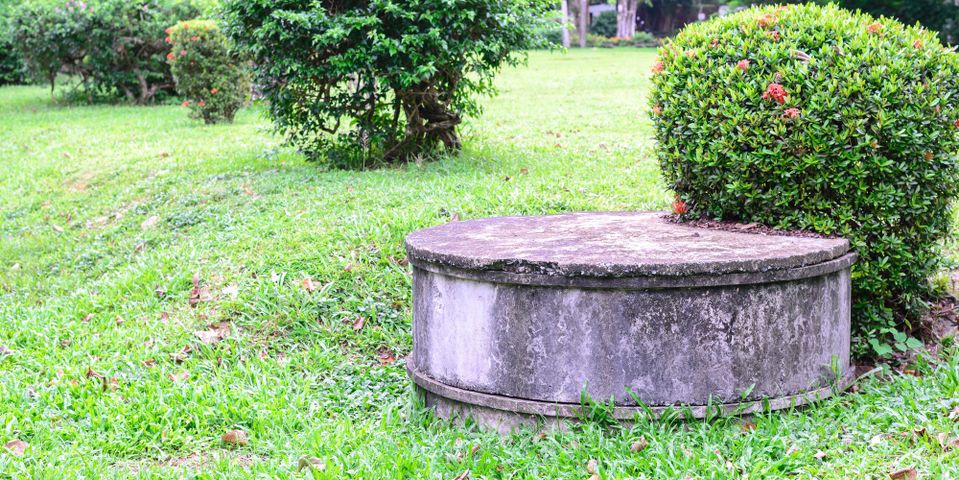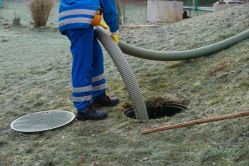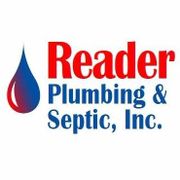
Residential properties in rural areas typically rely on septic systems to deal with household waste. If the property you’re eyeing uses this type of plumbing system, get answers to common buyer questions here. They’ll give you a better idea of what to discuss with the owner and real estate agent.
Common Questions About Purchasing a Property With a Septic System
How Do They Work?
Wastewater, floatable matter such as oil and grease, and solid waste enter a septic tank through residential plumbing pipes. Solid waste accumulates along the bottom of the tank where it slowly breaks down via bacterial enzymes. While “sludge” takes up the lower portion of the tank, “scum” from oil, fat, and grease floats at the top.
Wastewater exits the tank through perforated pipes and into a nearby drainfield for soil filtration. Microorganisms consume harmful bacteria and pathogens in wastewater before it enters aquifers for reuse.
What Does Maintenance Involve?
 Septic tanks require pumping every two to five years to avoid waste overloads that cause cracks and leaks, contaminated soil and drainfields, and residential sewage backups. How often a tank requires cleaning depends on how many people live in the house.
Septic tanks require pumping every two to five years to avoid waste overloads that cause cracks and leaks, contaminated soil and drainfields, and residential sewage backups. How often a tank requires cleaning depends on how many people live in the house.
Maintenance also involves knowing the tank and drainfield location to avoid cracks and compacted soil from cars and heavy items. If a drainfield becomes compacted or clogged with solid waste and tree roots, wastewater cannot filter properly and can contaminate nearby waterways.
If the Tank is Failing, Can I Have the Owner Replace it?
Ask the current owner when the septic system was installed and for maintenance history evidence, such as a tank pumping record. If the system is older and has not enjoyed regular maintenance, inquire about replacing it, especially if the drainfield has failed.
As long as you negotiate before you buy, the owner will either pay to get the septic system fixed or lower the selling price.
Are There Other “Best Practices” I Should Know About?
Watching how much water your household uses every week prevents excessive liquid from entering the tank. Too much water can send solids into the drainfield or cause plumbing backups.
Also, be mindful of what you flush, as coffee grounds, feminine products, cigarette butts, household chemicals, and many other products contribute to tank clogs and interfere with the enzymes breaking down solid waste. Avoid using your garbage disposal as well since food scraps cause the tank to fill up faster.
Keep your septic system functional with services from Reader Plumbing & Septic. The company offers over 40 years of residential and commercial plumbing experience, and provides clients throughout Kaukauna, WI, with a variety of services including drain cleaning and emergency plumber assistance. Call (920) 788-2527 today to schedule an appointment or learn more about septic tank services online.
About the Business
(21 reviews)
Have a question? Ask the experts!
Send your question

